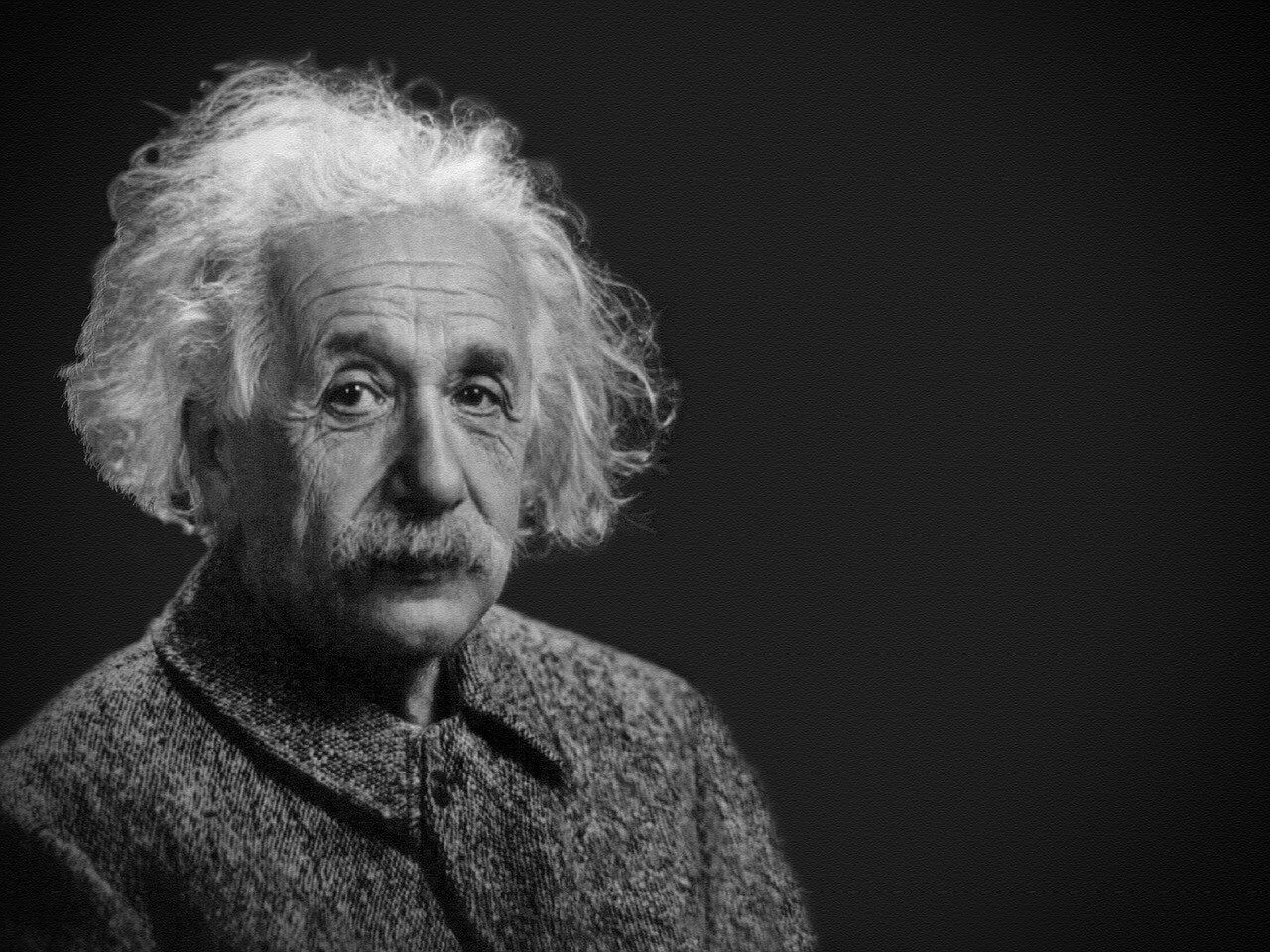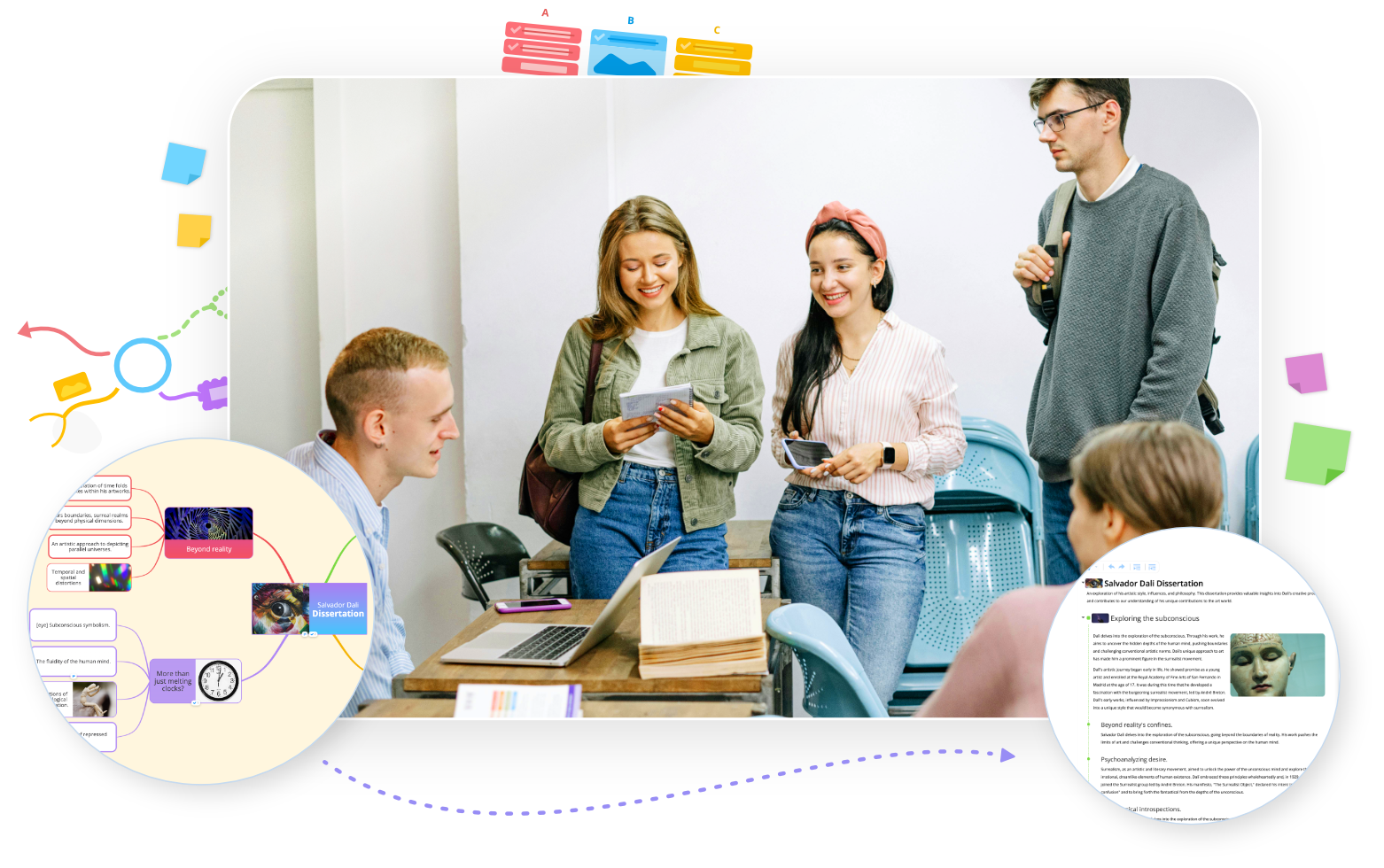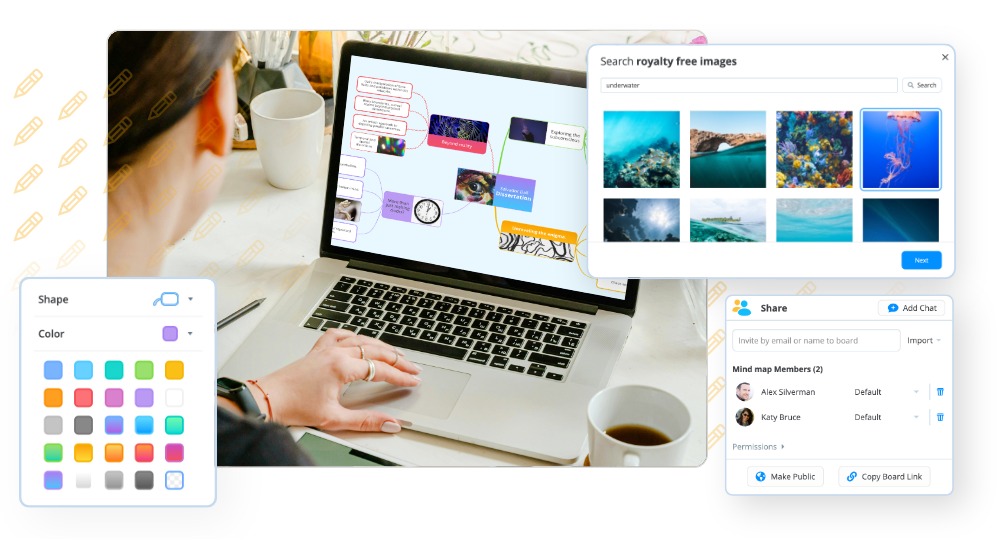You may not realize it, but some of the greatest achievements in modern history were founded by neurodivergent individuals; those that live with dyslexia, dyspraxia, autism, ADHD, or any other neurological conditions that can affect memory, concentration or the way people process information. From Albert Einstein to Bill Gates, there are countless inspirational figures who have embraced their differences to achieve great things.
Neurodivergent individuals can struggle with various tasks depending on their condition, such as spelling, reading and writing in the case of dyslexia, or planning and staying focused if they have ADHD (attention deficit hyperactivity disorder). Although this can affect their confidence, neurodivergent people tend to be very creative and great problem solvers, easily spotting trends and patterns and being able to approach problems from unique perspectives. This is often because they’ve had to adapt the way they learn or work to overcome the challenges they face in their everyday lives.
For these reasons and many others, neurodivergent individuals have achieved great feats in their lifetimes (particularly in fields relating to science and mathematics) and make wonderful additions to any workplace.
Here are just some of the famous achievements that were founded by those you may not have realized had a neurological difference…
1. Alan Turin
Alan Turing is regarded as one of the most innovative thinkers and brilliant mathematicians of the 20th century due to his work at Bletchley Park during World War II. Thanks to his role in cracking the ‘Enigma’ code used by the German Armed Forces, Turning helped to shorten the war by two years and saved 14 million lives. He is also renowned for his work surrounding A.I (artificial intelligence), creating the Turing Test to determine whether computers are capable of exhibiting intelligent, human-like behavior. This test is still used today.
Despite these achievements, Turing struggled at school being described as ‘antisocial’ in school reports and considered to be wasting the time of his teachers due to his passion for science and disinterest in studying the classics, which were considered to be essential. Although there were no tests to determine whether he lived with either of these conditions, many people theorize that Turing may have been dyslexic or autistic due to these characteristics.
2. Albert Einstein
Like Turning, Albert Einstein is also hailed as one of the greatest thinkers of the 20th century – and although it is unproven, there is plenty of evidence to suggest that Einstein may have also had dyslexia. He famously had problems with spelling and grammar, excelling in mathematics and science instead. Einstein also experienced delayed speech, not speaking comfortably until he was 6 years old, and many said he continued to experience difficulty when reading aloud.

Today, we all know Einstein as the influential physicist who developed the theory of relativity which proved the existence of black holes. His work changed the way we think about gravity and has become one of the two pillars of modern physics. Amongst his extensive list of achievements, he also won the Nobel Prize for Physics in 1921 for his explanation of the photoelectric effect.
3. Henry Ford
In 1903, American industrialist, Henry Ford, founded the Ford Motor Company (or ‘Ford’ as we more commonly know it today), which has become one of the most successful businesses in the world, and the second-largest automaker based in the U.S. With the invention of the Model T, Ford succeeded in his mission to produce a simple, reliable and affordable car. This changed American society by making cars accessible in a time when they were considered to be a luxury item that many couldn’t afford.
Henry Ford struggled with dyslexia throughout his life – and in a bid to ‘overcome’ his condition, he would repeat certain actions over and over again, until they became “like clockwork”. It can be claimed that Ford used his neurological difference to his advantage, as he used repetition (or rote learning) to help him also excel in other abilities.
4. Richard Branson
Richard Branson has been open about his difficulties at school and how he lives with not one, but two neurological differences – dyslexia and ADHD. Branson may have dropped out of school when he was 15, but he has said that dyslexia is a “brilliant way of thinking” and that people with dyslexia are likely to have “the skills of the future” due to their vivid imaginations.

Of course, we all know that Branson is arguably one of the most influential businessmen in the world. He founded his first magazine aged just 16, then went on to launch Virgin Records and Virgin Atlantic – the latter of which famously began with him hiring a plane and offering a $39 one-way ticket to the Virgin Islands for passengers of a canceled American Airlines flight. Virgin Airlines led the way for innovation in the airline industry by focusing heavily on customer experience, making it one of his most successful ventures to date.
5. Bill Gates
Despite being considered ‘incapable of learning’ when he was at school, Bill Gates famously founded Microsoft, one of the largest and most successful technology companies in the world, with its global revenue reaching a record high of over $125 billion in 2019. In 1995, Microsoft launched Windows 95; the first commercial operating system. In a time when computers were primarily used in offices, he popularized the idea of a home computer by designing the system to be as consumer-friendly as possible.
Most of us now have a computer in our homes and couldn’t imagine our lives without one, so it’s hardly surprising that Gates has become one of the richest men in the world whose name is synonymous with success. However, like many others on this list, Gates has dyslexia and didn’t finish his honorary degree until 30 years after he left Harvard University.
Neurodiversity is the secret ingredient for an innovative business – and when given the right tools, neurodivergent individuals can use their skills to achieve great things. Ayoa’s digital whiteboard software offers a range of tools to help neurodivergent individuals with the tasks they struggle with, such as mind mapping to help take meeting notes and structure reports, and task management capabilities to manage projects and keep track of important deadlines.
Discover more about Ayoa’s features or try it for free today!


